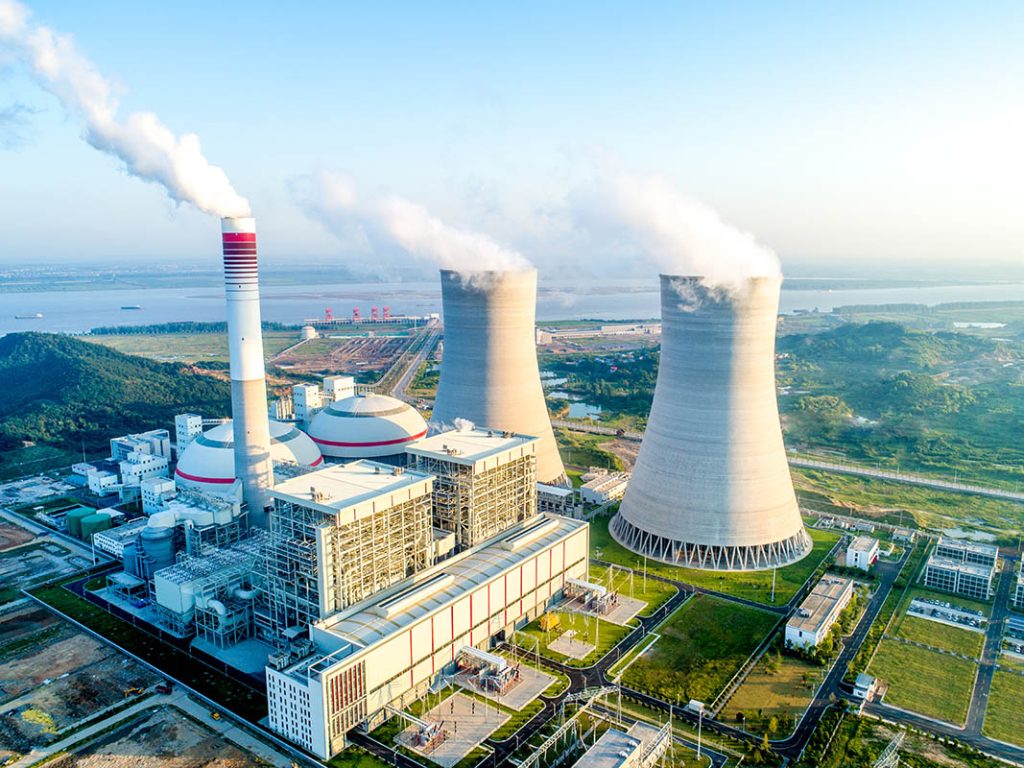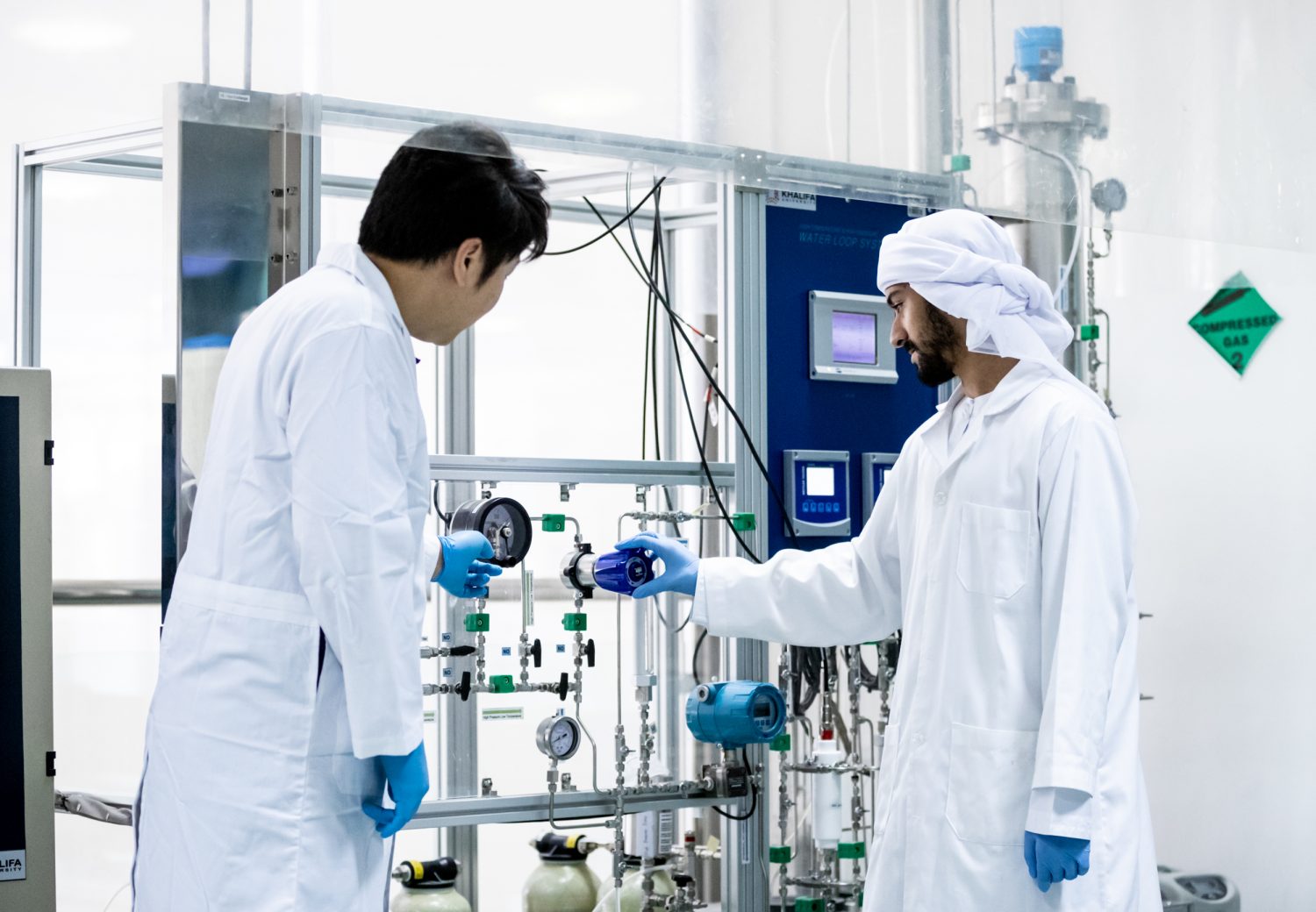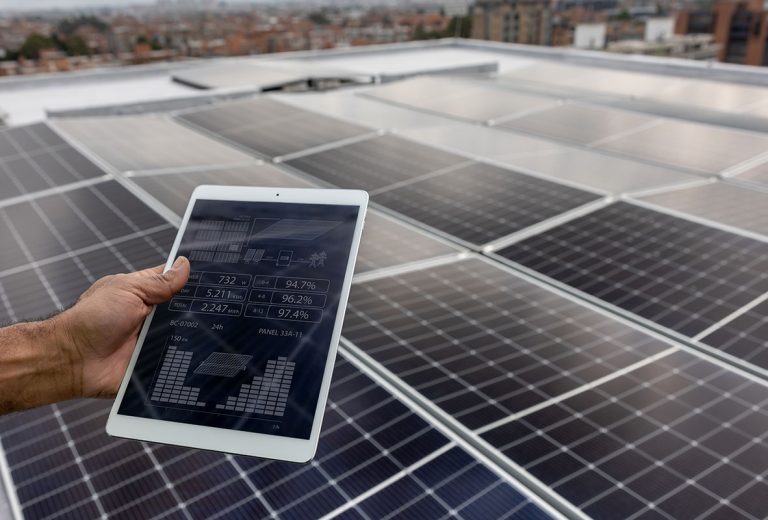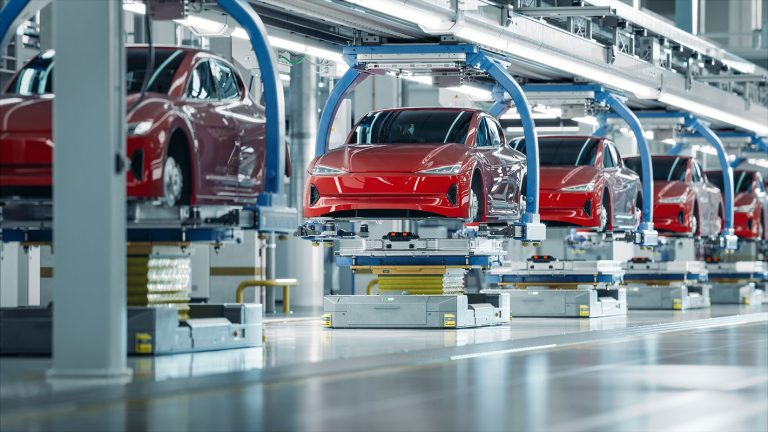A UAE hub for nuclear innovation and expertise
A pioneering lab at Khalifa University is helping to ensure the national program on atomic energy is safe, clean and efficient.
In 2020, the United Arab Emirates became the first Arab nation to operate a nuclear power plant. Built in the Gharbiya region of Abu Dhabi, the site now has four reactors that can produce up to a quarter of the UAE’s electricity, as part of the country’s strategy to meet growing energy demand without adding to greenhouse gas emissions.
At Khalifa University’s Emirates Nuclear Technology Center (ENTC), a team of researchers works to ensure that the UAE’s nuclear energy program is safe, clean and efficient.
“The ENTC plays an important role in shaping the future of energy by driving nuclear research that prioritizes safety and sustainability,” says Saeed Al Ameri, the center’s director. “It empowers skilled professionals through training, builds partnerships for shared knowledge, and integrates advanced technologies to ensure reliable and eco-friendly energy solutions for the community.”
As part of its national strategy, the UAE supports innovation and continuous development, which are essential for both the sustainable success of the state’s new nuclear energy industry, and its ongoing transition to a knowledge-based economy and society. The ENTC was established in 2019 to strengthen links between academia and industry, and cement the UAE’s position as an international role model for the development of peaceful nuclear energy projects.
“The ENTC plays an important role in shaping the future of energy by driving nuclear research that prioritizes safety and sustainability.”
Saeed Al Ameri
Acting as a hub to address current and future research requirements, ENTC is dedicated to advancing safety, sustainability, and environmental protection. To achieve this, its staff work on challenges ranging from assessing the potential impact of accidental radiation release to developing innovative solutions to enhance corrosion resistance of critical cooling systems.
The center also focuses on fundamental design of both reactors and fuel types. Mohammad Alrwashdeh, a research scientist at the ENTC, uses computer models to trace neutron behavior, and examine how different materials can change their interactions. “The center is an inspiring place to work,” Alrwashdeh says, adding that the diversity of staff and students has helped make significant contributions to the understanding of computational reactor physics, nuclear data processing, and evaluation for criticality studies, as well as reactor core design.
“The support here is fantastic. One aspect I love is the access to advanced tools and the collaborative environment where everyone’s expertise is valued,” he says. “There’s a real alignment here with the UAE’s commitment to clean energy, and it’s fulfilling to work somewhere that’s actively shaping the future of sustainable power.”

Aligning with UAE priorities
The close connection to the UAE’s growing nuclear industry ensures that the research goals and priorities of the center align with national and sector priorities, Al Ameri says. That has led to significant findings with direct relevance to the nuclear program, including systematic analysis of accident-tolerant fuels and the prediction of rare events inside the UAE’s four operational reactors.
As in the nuclear industry, a priority for the center is safety. “The ENTC is a collaborative and dynamic workplace. One of the things I appreciate most is the strong emphasis on professional development and safety culture,” says Fatima Alzaabi, Nuclear Lab Engineer and Radiation Protection Officer.
“I help manage the infrastructure that facilitates various research projects, allowing us to push forward in nuclear science and technology fields, especially within the context of safe and innovative applications.”
“There’s a real alignment here with the UAE’s commitment to clean energy, and it’s fulfilling to work somewhere that’s actively shaping the future of sustainable power.”
Mohammad Alrwashdeh
Work at the center is constantly assessed with this in mind. “We regularly participate in training that not only enhances technical knowledge but also reinforces the importance of safety in nuclear work,” she says. “This approach fosters a respectful, learning-focused environment where every team member feels valued and supported.”
International outlook
The center is committed to attracting talented researchers from around the world, as well as developing local expertise to support the country’s energy plans, including those laid out in the Abu Dhabi Economic Vision 2030 and the UAE Energy Strategy 2050.
As part of its goal to become carbon-neutral by 2050, the UAE aims to generate 6% of its energy from nuclear power, reflecting a commitment to diversify its energy mix and reduce dependence on fossil fuels.
To help achieve this, the center will establish foundational research programs and build infrastructure to support nuclear research, Al Ameri says. It will also invest in specialized training programs in nuclear technology for workers. “We contribute to national nuclear research through collaborative projects, knowledge exchange, and partnerships with leading nuclear research institutions,” he says.
The center works with top-tier regional research hubs including the Technology Innovation Institute in Abu Dhabi on projects in the field of quantum computing as applied to nuclear science and technology. Globally, the center collaborates with leading institutions including the International Atomic Energy Agency and the OECD’s Nuclear Energy Agency.
This international outlook creates truly global workplace, says Alrwashdeh. “Without a doubt, I’d recommend the center to scientists worldwide. It’s not only a hub for innovation in nuclear science but also a place that supports impactful research on a global scale,” he says.




